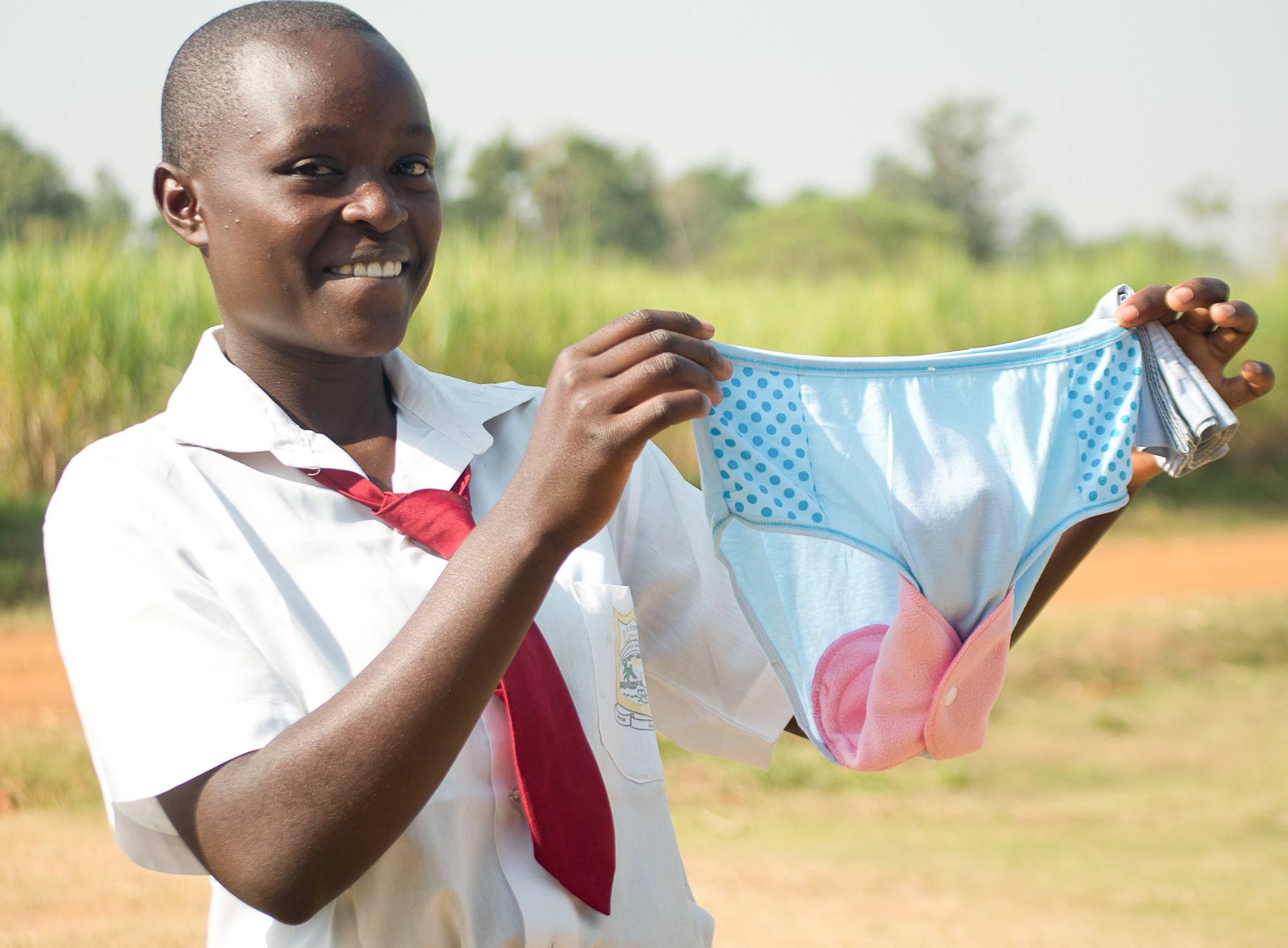If you have never believed women are an expensive lot, talk to the Government of Kenya, which is having a taste of its own medicine in keeping girls comfortably in school.
In a show of benevolence, GoK decided to provide sanitary pads for primary schools girls in what has given some indication of just how much these simple items often bought monthly set back parents financially. It costs billions!
The government has reserved Ksh470 million to buy sanitary pads for 1.6 million girls in public primary and secondary schools. The programme targets girls in Class 6, 7 and 8 most of whom are expected to have started experiencing their menstruation.
The programme was created out of the concern of Government is that girls continue to drop out of school or fail to enroll in greater numbers compared to boys. Cabinet Secretary for Education, Prof George Magoha, launched the programme for distribution of the pads at AIC Boarding Girls, in Kajiado County, on Monday.
Prof Magoha said it is aimed at ensuring the government provides equal access to quality and relevant education for both boys and girls irrespective of their socio-economic status. “It will also improve the health of the girls, some of whom end up using unsafe materials that can lead to infection,” Prof Magoha said.
The most important session in a woman’s monthly calendar often turns into embarrassing moment for many, with girls who can’t afford effective sanitary towels staying away from school or using improvised materials such as mattress sponge or cotton wool.
Anxiety and low esteem
Free sanitary pads are hoped to contribute to improved performance of girls in education by boosting their pride and dignity, reducing absenteeism and therefore enhancing the retention and transition of girls in the education cycle.
Poor menstrual hygiene management causes adolescent girls anxiety and low self-esteem, the main cause of absenteeism among school girls and which in turn leads to poor performance.
See >> From a Girl With No Education to a Master of Destiny
“Poor menstrual management keeps girls out of school for approximately 25% of their school days in a year,” Prof Magoha observed, adding that a significant number of girls drop out due to lack of facilities in schools to help them manage the menstruation process.
The government spent Ksh240 million for the first time in the 2011/2012 financial year to provide towels to 443,858 girls in public primary schools drawn from 82 targeted districts in 4,114 schools across the country.
This came after persistent pressure from women parliamentarians, who took the issue of girls’ absenteeism from school due to lack of sanitary pads to parliament. The campaign left their male counterparts speechless, for such matters are rarely spoken about in public, in Kenya’s conservative society.












Leave a comment